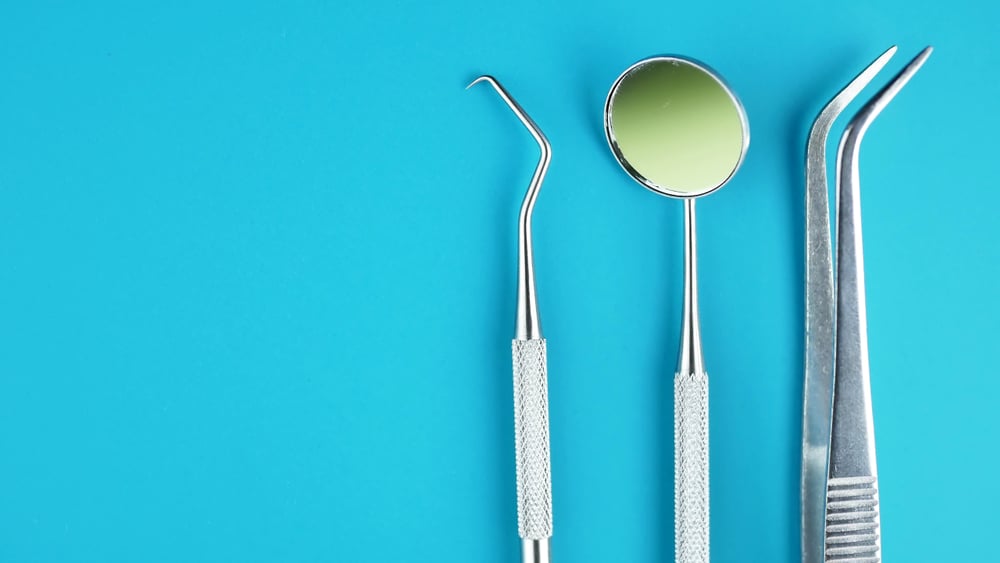
When it comes to dental care, many individuals are seeking a more natural and holistic approach that takes into account the impact of oral health on overall well-being. This has led to the rise of biological dentistry, a specialized branch of dentistry that focuses on promoting oral health using biocompatible materials and techniques that consider the interconnectedness of the mouth with the rest of the body. In this blog post, we will explore the concept of a biological dentist and their role in providing comprehensive dental care.
Biological Dentist:
A biological dentist, also known as a holistic, integrative, or natural dentist, is a dental professional who approaches oral health from a whole-body perspective. Unlike traditional dentistry, which often focuses solely on dental issues, biological dentistry acknowledges the relationship between oral health and overall well-being. These dentists take into account factors such as nutrition, lifestyle, and the impact of dental materials on the body. Biological dentists aim to provide treatments and procedures that are minimally invasive, use biocompatible materials, and promote the body’s natural healing abilities.
Principles of Biological Dentistry:
Biological dentistry is guided by several key principles that set it apart from traditional dental practices. These principles include:
Biocompatibility: Biological dentists prioritize the use of dental materials that are compatible with the body and less likely to cause adverse reactions or toxicity.
Minimally Invasive Techniques: Biological dentists aim to preserve as much natural tooth structure as possible, utilizing minimally invasive procedures and treatments to maintain oral health.
Safe Mercury Removal: Biological dentists are experienced in the safe removal of amalgam fillings containing mercury, taking precautions to protect the patient and the environment from mercury exposure.
Prevention and Education: Biological dentists emphasize preventive measures and patient education, encouraging proper oral hygiene practices and a healthy lifestyle to support long-term oral health.
Focus on Overall Well-being: Biological dentists consider the impact of dental health on the entire body, recognizing the interconnectedness of oral health with systemic health and overall well-being.
Services Offered by Biological Dentists:
Biological dentists provide a wide range of services that align with their holistic approach to dental care. These services may include:
Biocompatible Restorations: The use of dental materials that are compatible with the body, such as composite resin fillings instead of amalgam fillings.
Safe Mercury Removal: Skillful removal of amalgam fillings to minimize mercury exposure during the process.
Nutrition and Lifestyle Counseling: Offering guidance on proper nutrition and lifestyle practices that promote oral health and overall well-being.
Biological Root Canals: Utilizing alternative treatments, such as ozone therapy, laser therapy, or extraction followed by biocompatible dental implants or bridges, to address root canal issues.
Safe X-ray Practices: Employing low-radiation digital x-rays and other imaging techniques to minimize radiation exposure.
Conclusion :
A biological dentist plays a crucial role in providing comprehensive dental care that prioritizes a holistic and natural approach. By considering the impact of dental procedures on overall health and utilizing biocompatible materials, these dentists strive to promote oral health while supporting the well-being of their patients.
